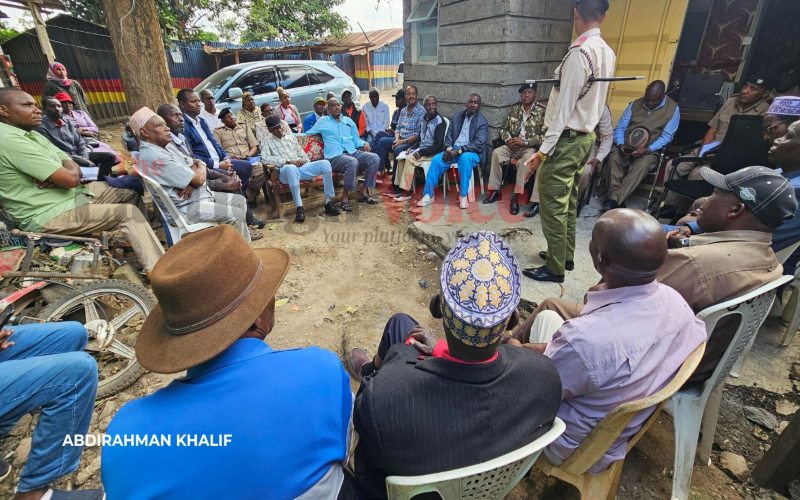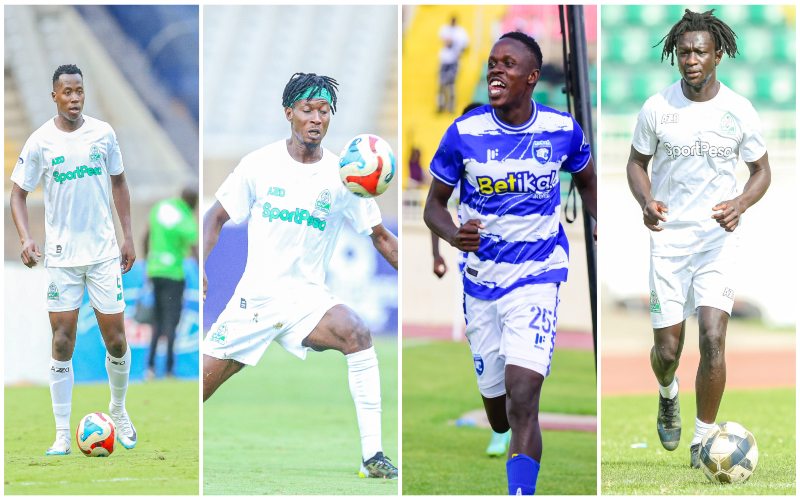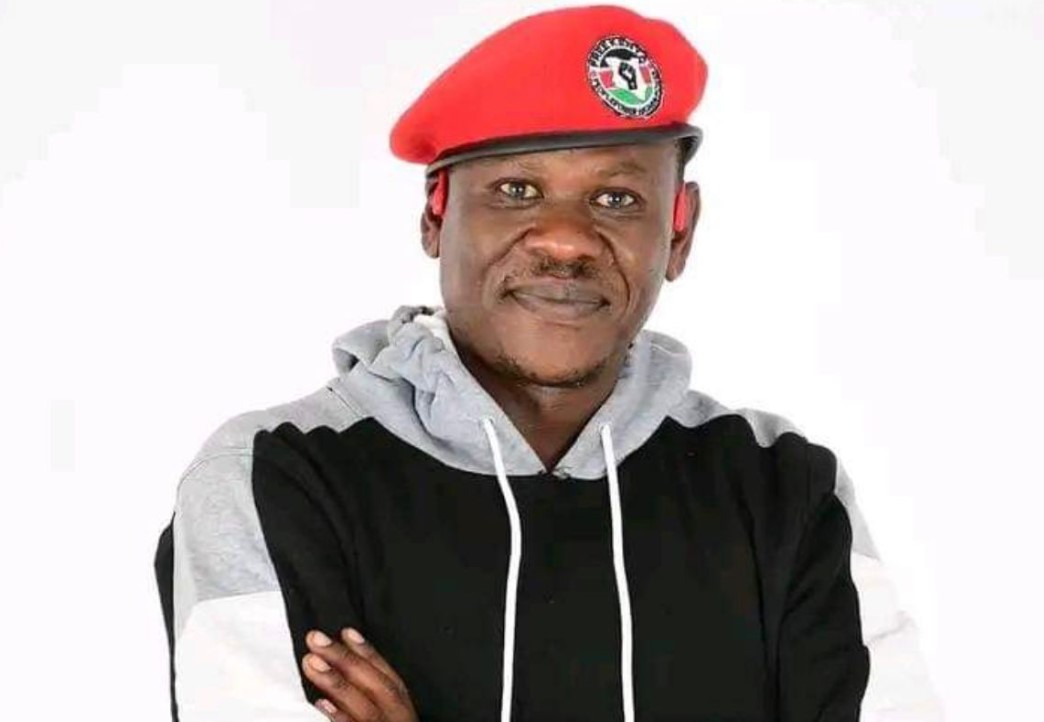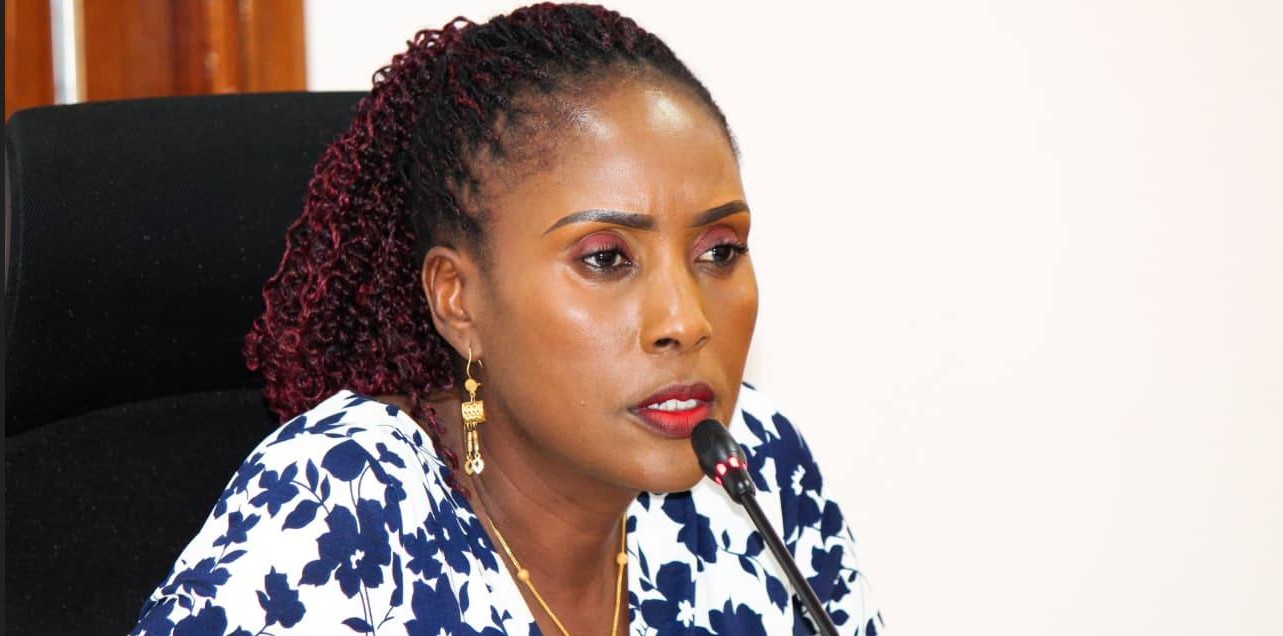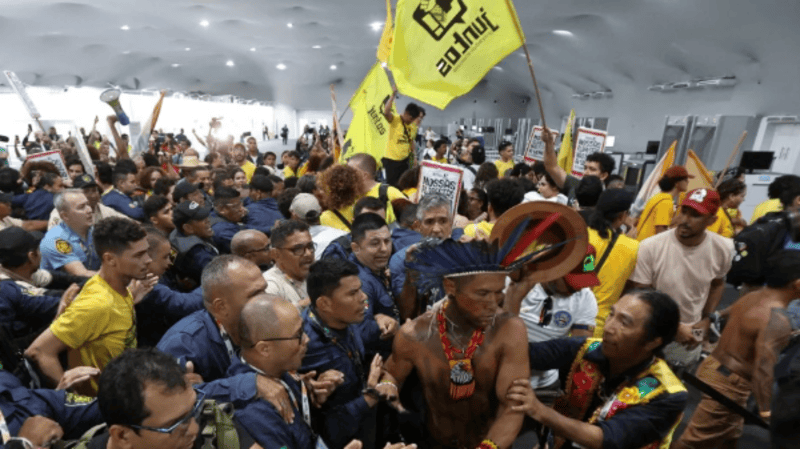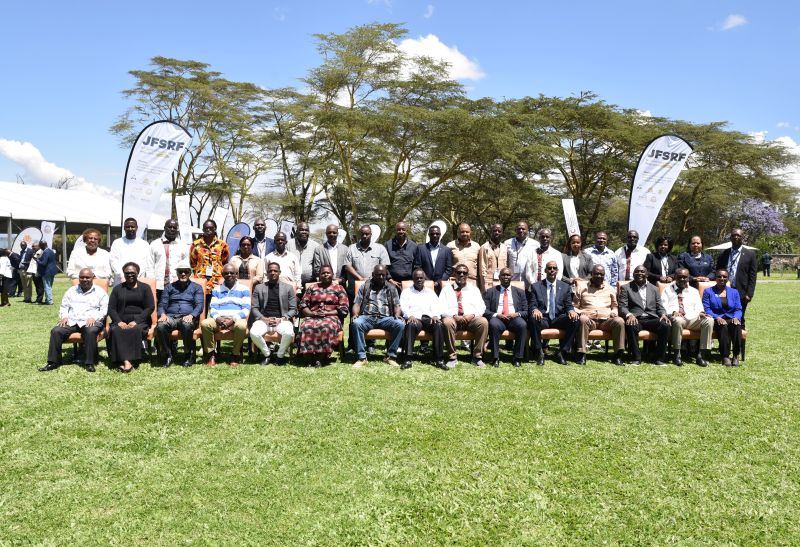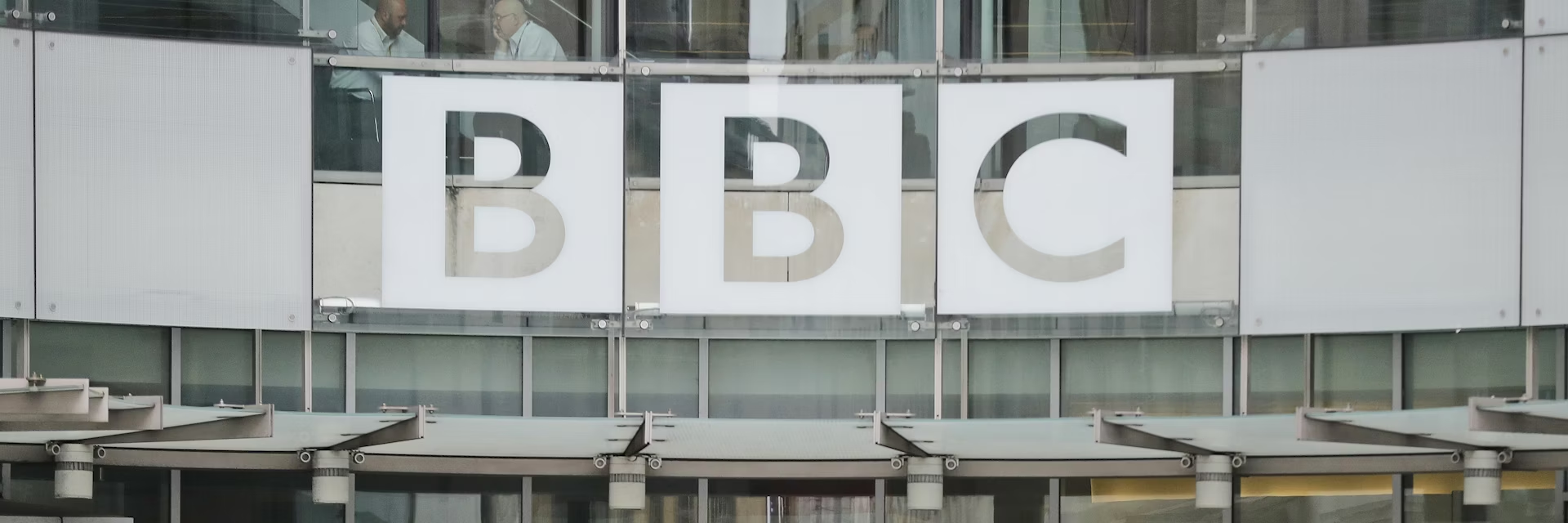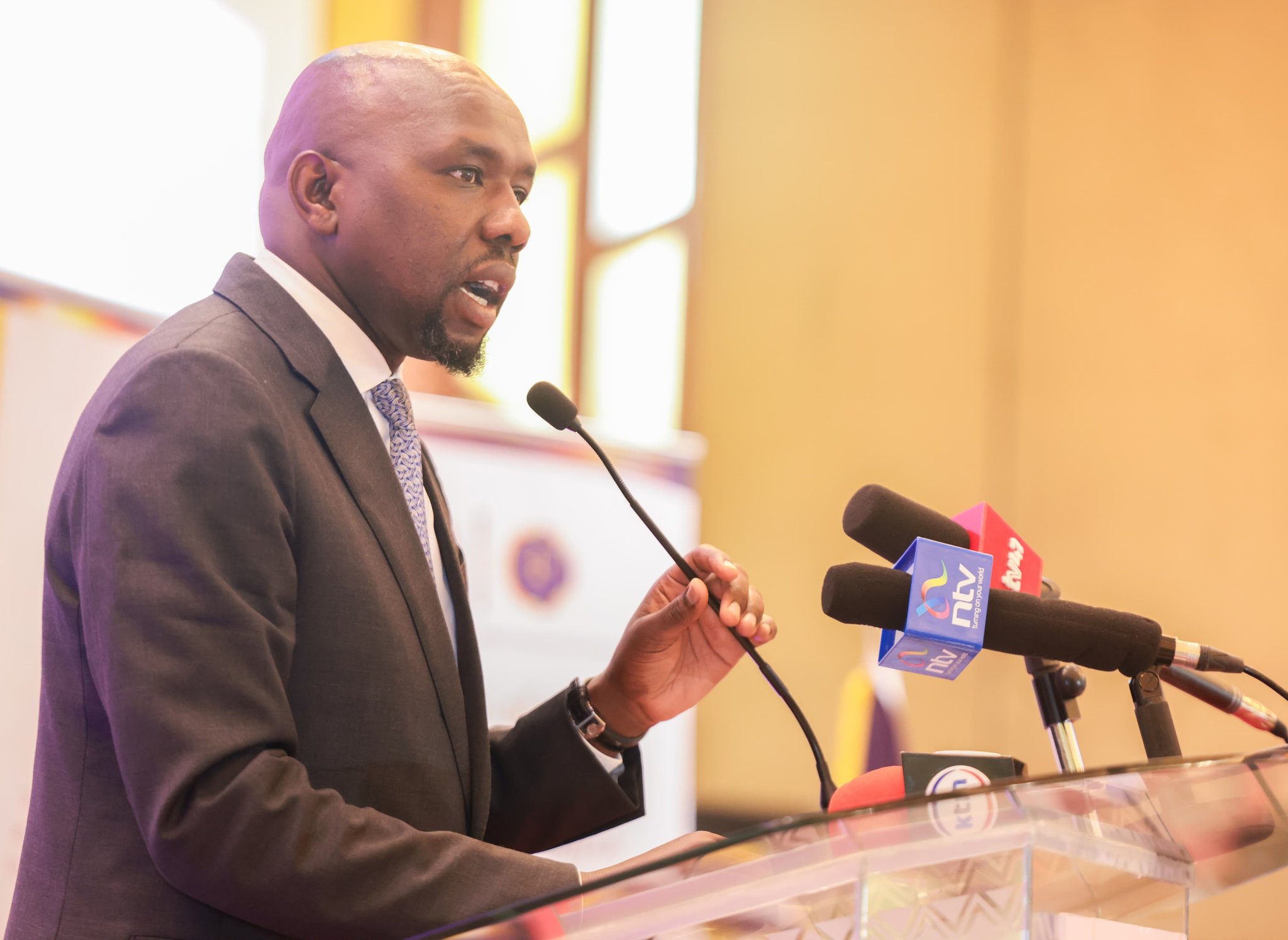CS Ogamba: No varsity student will be barred from exams over unpaid fees
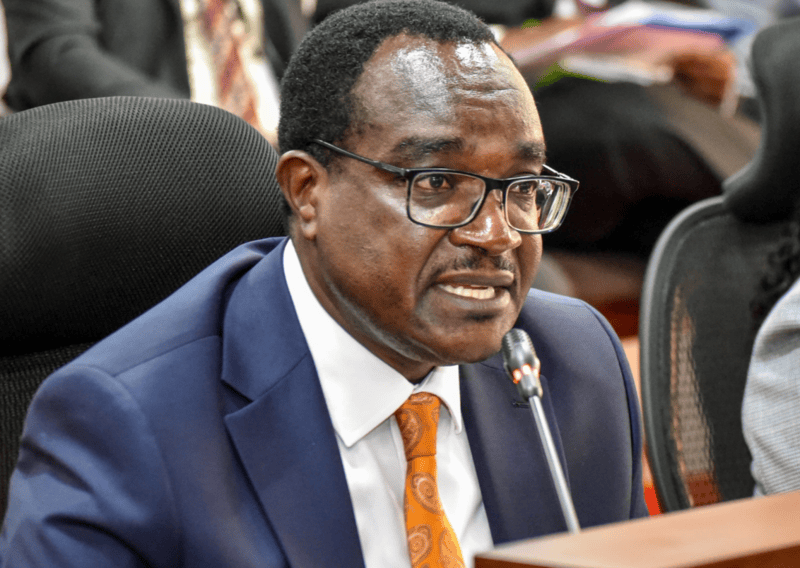
Ogamba said only 75,000 students, representing 60 per cent of those eligible for government funding, had paid the household contribution.
Education Cabinet Secretary Julius Ogamba has assured that no university student will be denied the chance to sit exams due to financial constraints, even if they have not yet paid the required household contribution.
This is after the CS was pressed to explain the government's stance as concerns mounted over students potentially being barred from exams by some universities for failing to make the payments.
More To Read
- Kenyan school wins global education award in Dubai
- Education Ministry closes 10 ‘ghost’ schools as audit finds 6,000 under-enrolled institutions
- Govt announces measures to resume learning in universities after 49-day lecturers' strike
- Tunza Mtoto Coalition demands full disclosure of ghost student audit findings
- KCSE exam papers to be airlifted in flood-hit regions - CS Julius Ogamba
- No more certificates for Grades 6 and 9 learners under new education policy
Appearing before the National Assembly Committee on Education on Tuesday, Ogamba said only 75,000 students, representing 60 per cent of those eligible for government funding, had paid the household contribution.
“Students are being told they will not sit exams without paying the household allowance. We need clarity on this,” Tinderet MP Julius Melly, also the chair of the committee, said.
In response, Ogamba emphasised that those who had not paid would still be allowed to sit their exams.
“We will ensure that those who haven’t paid are allowed to sit their exams,” he said.
The discussion also touched on the controversial Means Testing Instrument (MTI), which categorises students into five household income groups to determine funding levels.
Lugari MP Nabii Nabwera expressed concerns over the tool’s ability to adjust to changes in students’ financial situations.
“Is the system flexible enough to handle changes in students’ economic circumstances?” Nabwera inquired, adding, “We need assurance that students who fall into hardship after admission will not be left behind.”
In response, Ogamba admitted that the MTI had faced some issues but assured lawmakers that steps were being taken to correct the problems.
He noted that several factors could explain why some students have not applied for government funding.
The factors, he said, include a lack of awareness about the application process, difficulties in navigating or completing the application, students opting for alternative funding sources such as self-funding, or students enrolling in private universities, TVET institutions, the Kenya Medical Training College or pursuing studies abroad.
“We are very concerned about the MTI and we are making every effort to eliminate errors and ensure fairness. With our sensitisation campaigns across the country and the setting up of help desks to support students, we expect that those who had internet access challenges will be able to apply. This is one of the reasons for the extended application deadline. We have also instructed all public universities to admit students, without requiring them to pay their household contribution,” he said.
For the 2023/2024 academic year, 138,535 students were placed in public universities, with 121,728 having applied for government funding, while 16,807 students have not yet applied.
Further questions were raised about students placed in specific funding bands whose financial situations may change during their studies.
The CS said an appeal window which allows students to request changes to their funding status, would remain open until December 2024, with decisions made on a rolling basis.
“Students whose situations have changed will not be disadvantaged. The process is designed to accommodate such changes,” Ogamba told the MPs.
Top Stories Today

